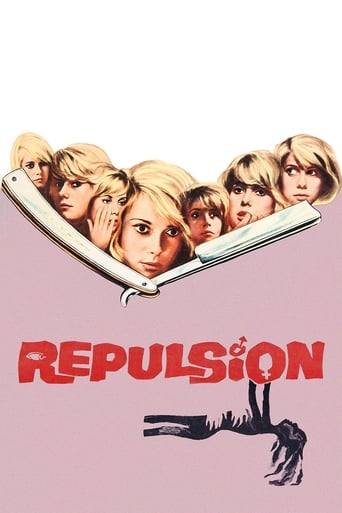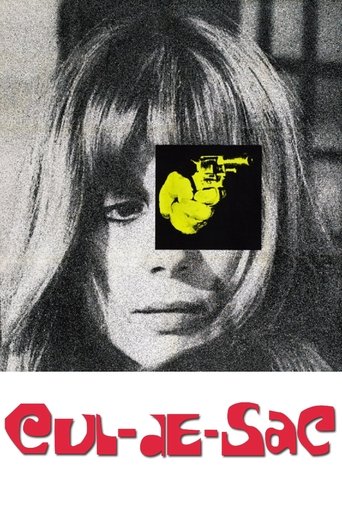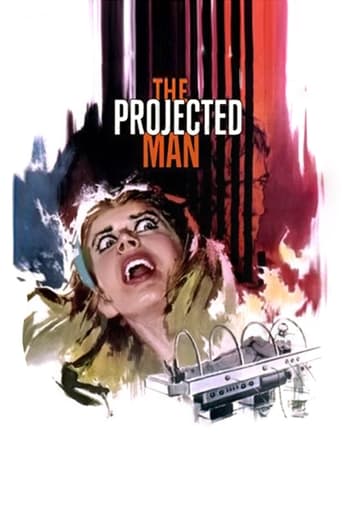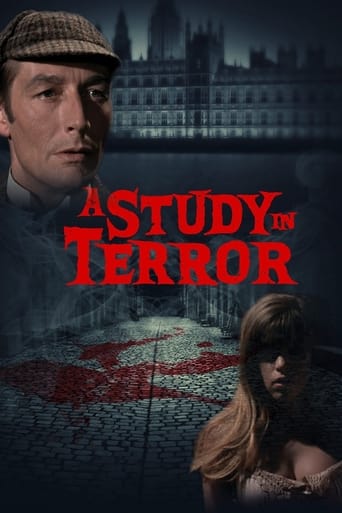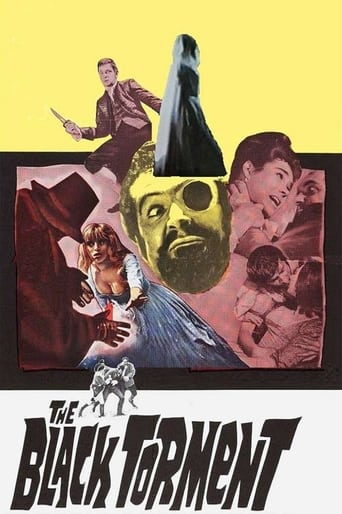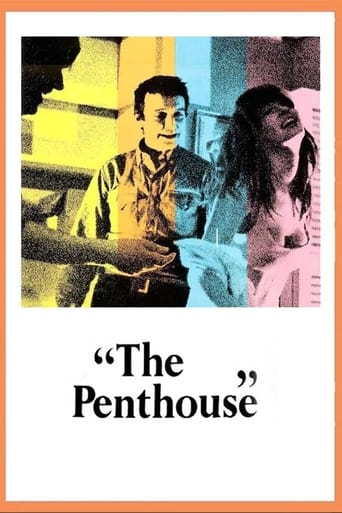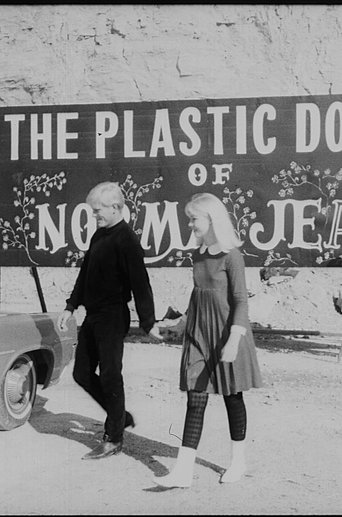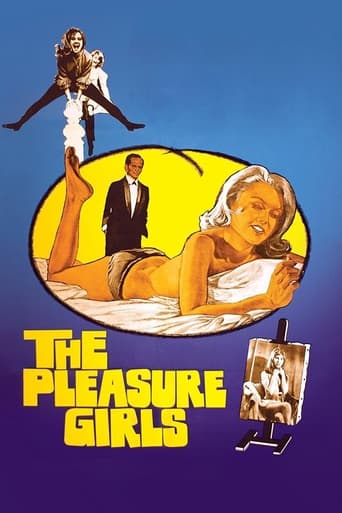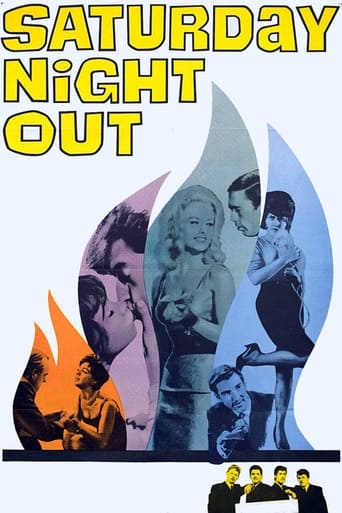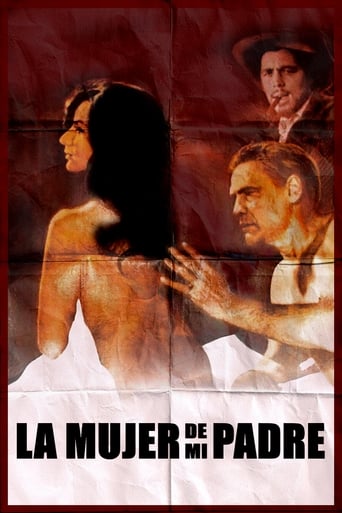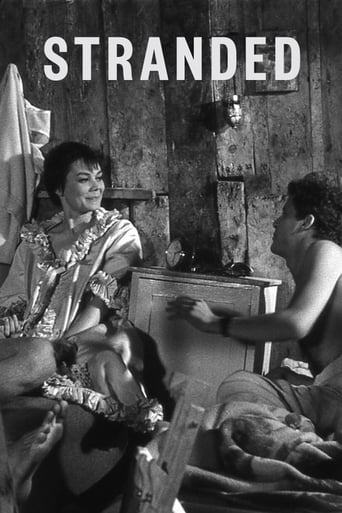Compton's first feature was the autobiographical Stranded, which she wrote, directed, starred in, self-financed and distributed. Released in 1965, the film shares the cinematic experimentation and stylish, youth-centric rebellion of the French New Wave made even more radical by its progressive portrayals of female independence and sexuality, beatnik culture, and discussions of homosexuality. Stranded follows Raina, a young American woman (played by Compton), traveling through Greece with her American lover (Gary Collins), and her French, gay, best friend (Gian Pietro Calasso). Raina partakes in several love affairs rejecting marriage offers for no other reason than she likes her life the way it is. Made just prior to the arrival of second wave feminism, Compton, as writer-director, never judges her on-screen alter-ego the way similar female characters were frequently punished in other films during this era by stigmatizing female sexuality.
